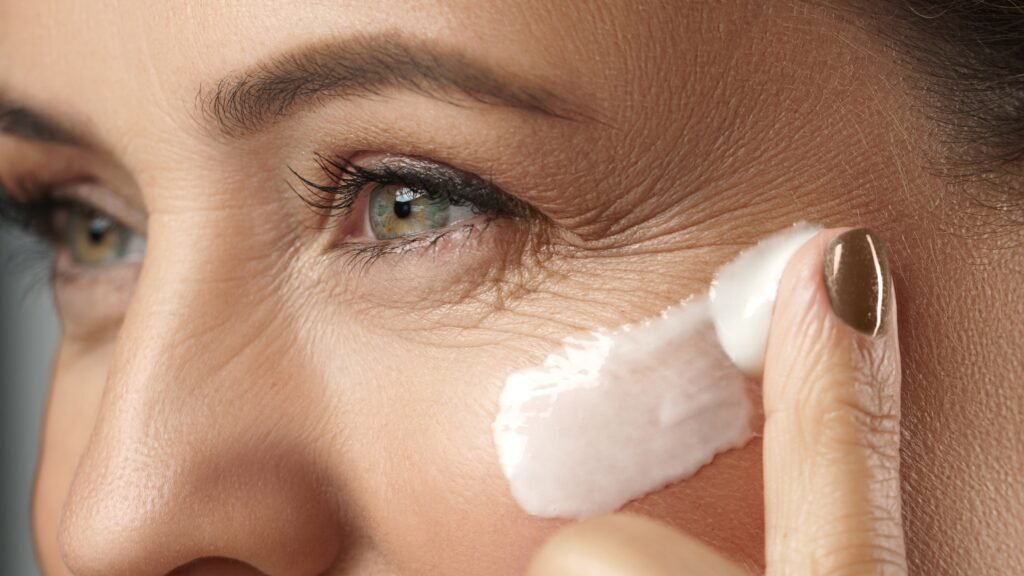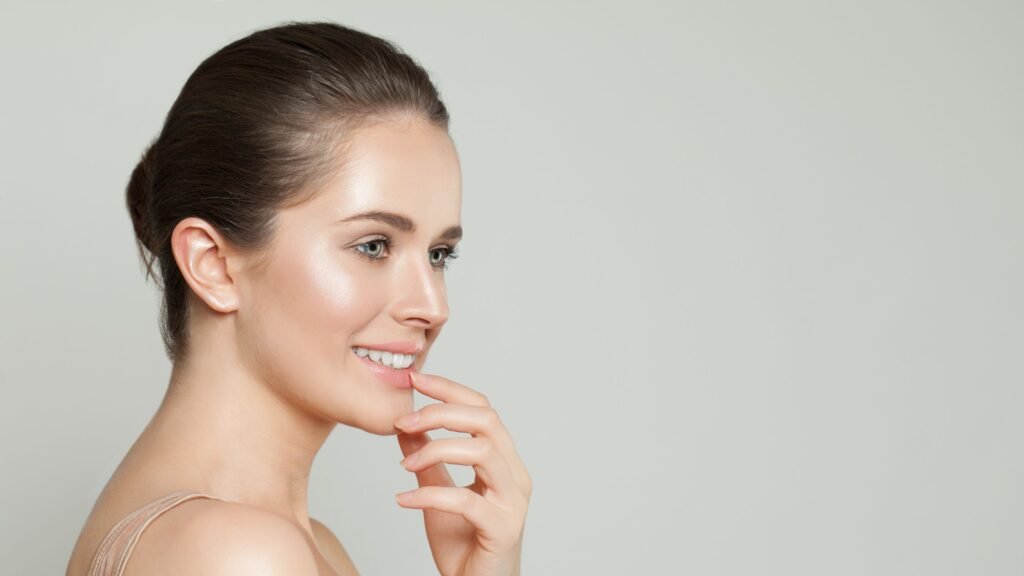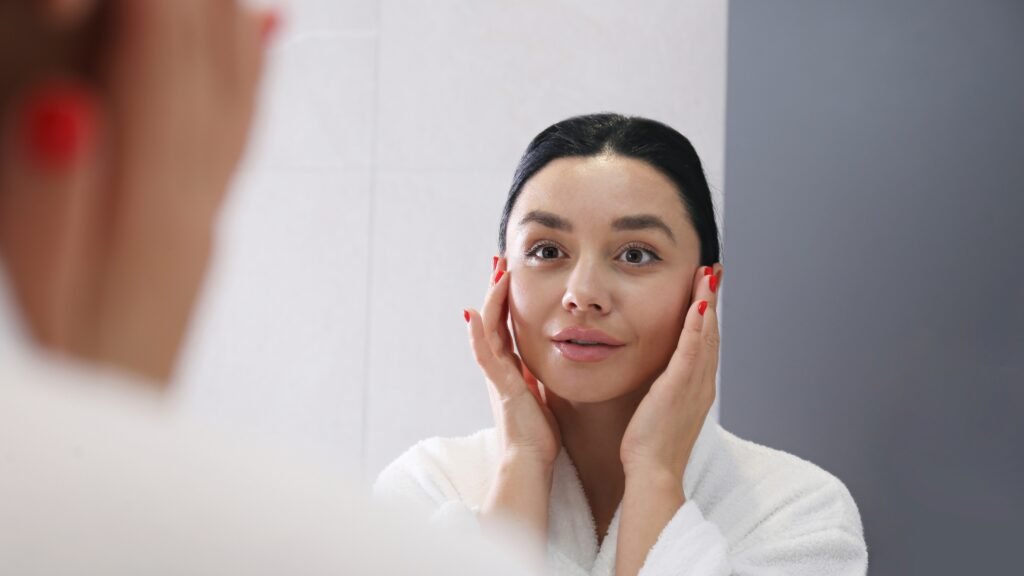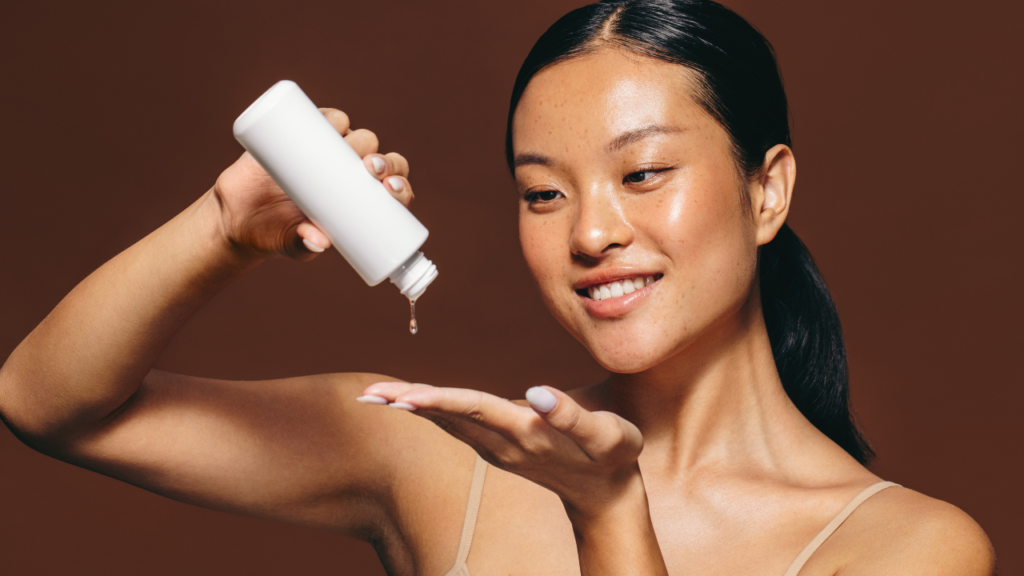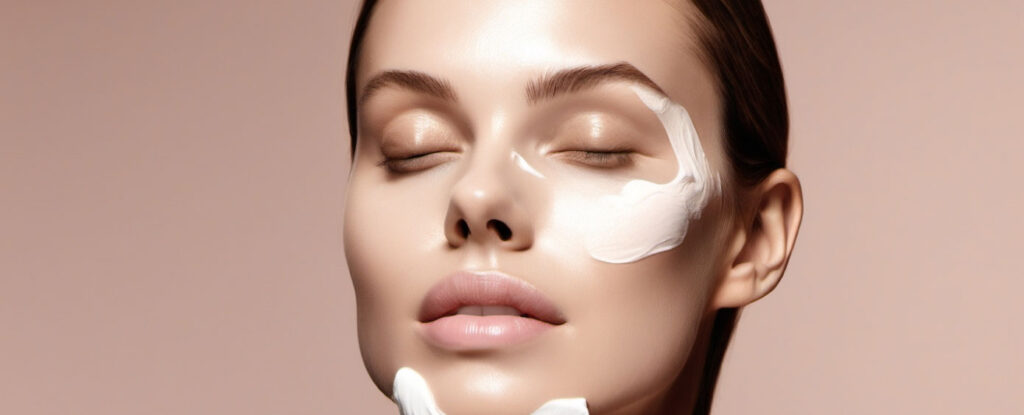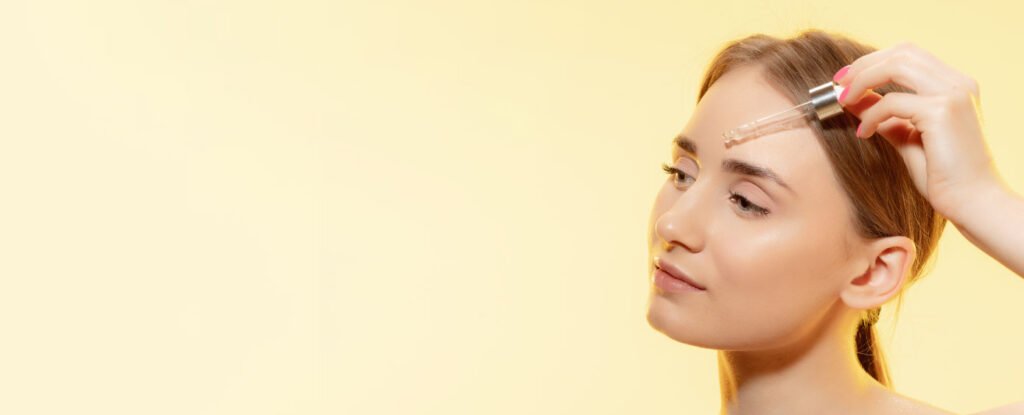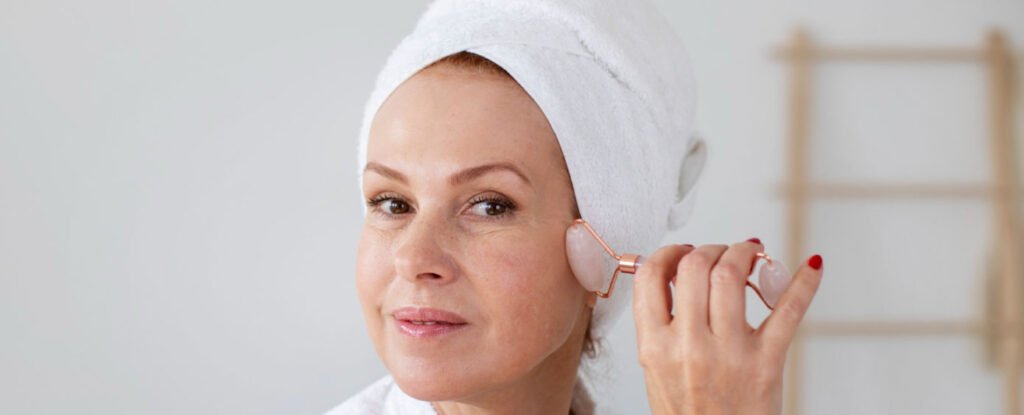Turning Back the Clock: A Guide to Non-Surgical Anti-Aging Treatments
As we age, our skin undergoes natural changes that result in wrinkles, fine lines, and loss of elasticity. While surgery was once the go-to option for reversing the signs of aging, today’s advanced non-surgical treatments offer impressive results without the need for invasive procedures. If you’re looking to restore a youthful appearance, this guide explores effective non-surgical anti-aging treatments to help you turn back the clock. 1. Botox Injections Botox is one of the most popular non-surgical anti-aging treatments. It works by temporarily relaxing facial muscles that cause wrinkles, resulting in smoother skin and reduced lines. 2. Dermal Fillers As we age, we lose volume in areas like the cheeks, lips, and under the eyes, leading to sagging and hollowed features. Dermal fillers use substances like hyaluronic acid to plump and lift the skin, restoring youthful contours. 3. Chemical Peels Chemical peels exfoliate the top layers of skin, encouraging new skin growth and improving texture. Peels can range from mild to deep, depending on the results desired. 4. Microneedling Microneedling uses tiny needles to create micro-injuries in the skin, stimulating the production of collagen and elastin. This treatment improves skin texture, reduces scars, and tightens skin. 5. Laser Skin Resurfacing Laser skin resurfacing is a highly effective treatment that uses laser energy to remove the damaged outer layer of skin while stimulating collagen production. This results in smoother, more youthful skin. 6. Ultherapy Ultherapy is a non-invasive treatment that uses ultrasound technology to lift and tighten the skin. It’s a popular alternative to facelifts for those looking for a natural lift without surgery. 7. Radiofrequency Skin Tightening Radiofrequency (RF) treatments use heat energy to stimulate collagen production and tighten loose or sagging skin. It’s a safe, non-invasive option for firming up areas like the jawline, neck, and under-eye area. 8. Hydrafacial Hydrafacial is a multi-step facial treatment that cleanses, exfoliates, and hydrates the skin, leaving it refreshed and glowing. It also delivers antioxidants and peptides to nourish the skin, making it a favorite for those seeking instant radiance. How to Choose the Right Treatment for You When it comes to non-surgical anti-aging treatments, choosing the right option depends on your specific skin concerns, desired results, and lifestyle. Consulting with a skincare professional is essential to create a personalized plan that addresses your individual needs. Conclusion With today’s advanced non-surgical anti-aging treatments, achieving a youthful glow is easier than ever. Whether you opt for injectables, lasers, or skin rejuvenating facials, there are numerous options to fit every need and budget. For expert guidance and customized treatment plans, book an appointment with Reborn HealthCare JP Nagar and discover how you can look and feel your best without going under the knife.

